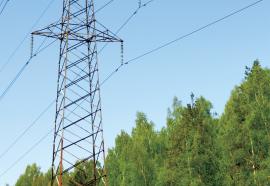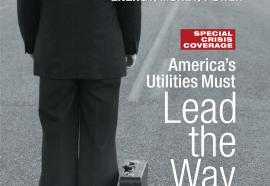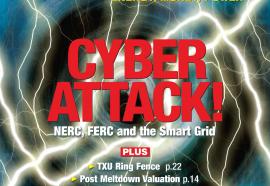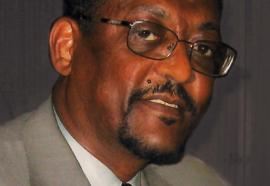Paying for the Green Grid
Subsidies might not be the best solution for interconnecting renewables.
Supporters of renewable energy are seeking to socialize the cost of a new interstate highway system for transporting green power. But utilities and transmission owners will build or finance new transmission systems to serve economic demands. Policy makers shouldn’t pre-ordain the direction of industry progress.











